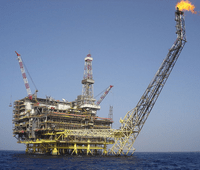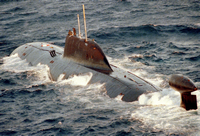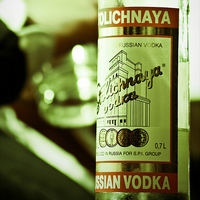
Will the collapse of Moammar Gadhafi’s regime be the salvation of Russia, Saudi Arabia and Venezuela? Even without a forcible overthrow of the “Brother Leader” and the uncertainty of a subsequent interregnum, a protracted Libyan civil war that damages the country’s energy infrastructure could drive energy prices back to 2008 levels. Joshua Schenyer, surveying the landscape, concluded grimly, “Regardless of what comes next in Libya’s lethal political standoff, the OPEC country’s oil sector is nearly certain to suffer, bringing long-lasting supply disruptions or even permanent damage. None of several potential outcomes is benign for Libya’s oil industry — the lifeblood […]



